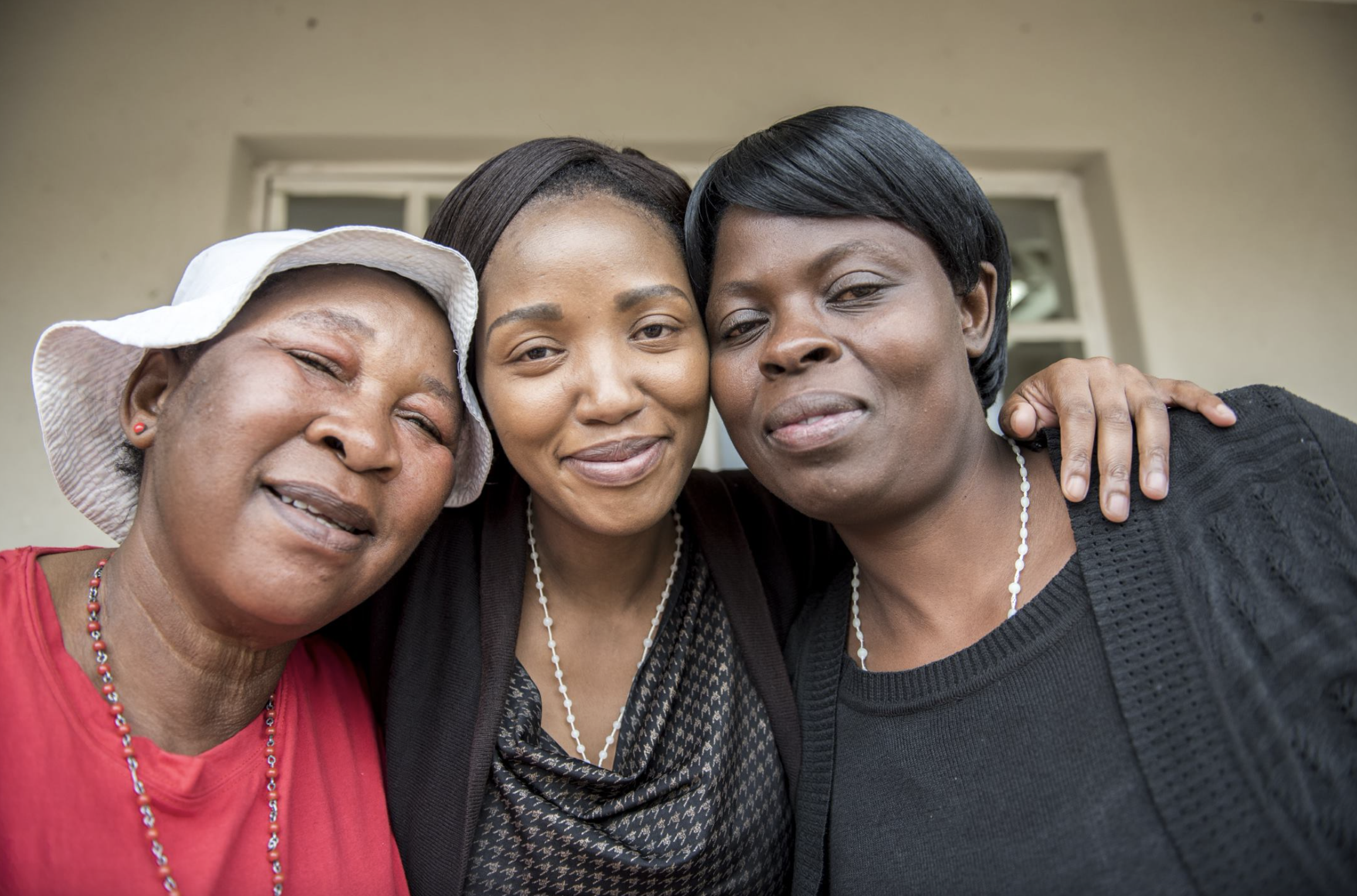Through support from the U.S. government, along with private and multilateral donors, the Elizabeth Glaser Pediatric AIDS Foundation (EGPAF) works at multiple levels of the health care system to meet the needs of women, children, adolescents, and families affected by HIV.
As a global leader in health service provision, EGPAF was chosen by the U.S. Agency for International Development (USAID) to enhance the technical, clinical, and programmatic capacities of local partner organizations – as part of the Providing Universal Services for HIV/AIDS (PUSH) project.
To strengthen local capacities, EGPAF provides tailored, evidence-based technical assistance (TA) at the facility, community, district, and national levels. Implementing partners throughout Lesotho are empowered to achieve programmatic goals, deepen their technical expertise, establish and enhance professional networks and local support systems, and progress toward USAID’s strategic goal of self-reliance.
This comprehensive, sustainability-focused model scales up national care and treatment programs through high-impact TA activities that strengthen capacity in numerous areas, including:
-
Health systems strengthening
-
Strategic information and evaluation
-
Quality improvement and assurance
-
Community engagement
-
Project management
-
HIV service delivery
EGPAF’s Model for Local Capacity Building: An Iterative Process
Though technical support for local implementing partners (LIPs) is key, it is just one part of EGPAF’s larger capacity-building model. Powered by a central learning community, this integrated approach has three major components:
- Using technical assessments to determine partner capacities
- Using action plans to operationalize results
- Providing high-quality TA that is tailored to the unique needs of each organization


